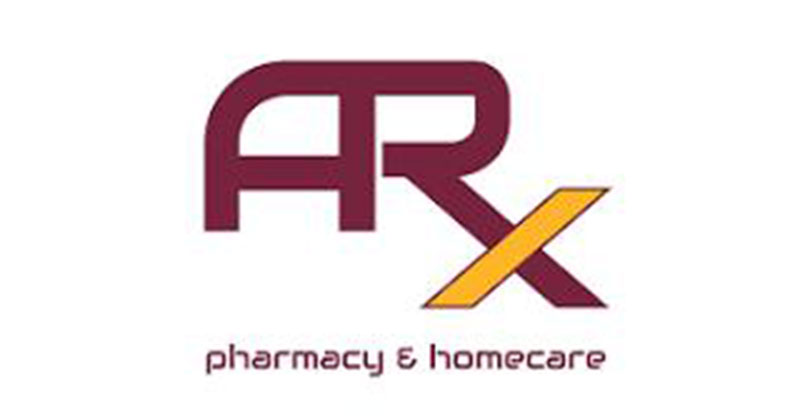Offering a New Approach to Recovery in Alberta
Where
hope
meets
healing
Step into Brick House Recovery Centre
Navigating mental health and addiction can feel overwhelming, but you don’t have to do it alone. Whether for yourself or a loved one, Brick House Recovery Centre is here to help light the way forward. We believe in second chances and the power of positive change.
Our dedicated team offers compassionate, high-quality care tailored to your needs and goals. From mental health support and intensive therapy to outpatient detox, relapse prevention, and aftercare, we provide a full continuum of care to support your recovery.
We also recognize how important returning to function is in recovery. Our programs include return-to-work planning, occupational reintegration, and collaboration with employers when needed. Whether you’re a first responder, professional, or navigating burnout or injury, we help you build the skills and confidence to move forward with the support you deserve.
With our no-wait lists approach, whatever your story, your recovery starts here.
What We Do
Specialized
Care
Tailored
to You
Flexible
Recovery
Options
Recover in
Comfort
and
Warmth
Detox,
Wherever
You Are
Respects
Your
Journey
Through a Supportive Community
Reach Out Today
The journey to recovery is only a phone call or a message away. Take the first step by contacting us today.
What We Help With
We offer integrated, multidisciplinary care for individuals experiencing addiction, mental health, and trauma-related conditions. Our structured, evidence-informed approach addresses the underlying drivers of distress, not just the symptoms. By supporting functional recovery, personal goals, and long-term stability, we help clients improve psychological well-being, return to work or meaningful roles, and rebuild connection in their daily lives.
Addiction Recovery
Addiction profoundly affects your health, relationships, and overall sense of purpose. Our proven programs help you rebuild trust, strengthen connections, and move forward with clarity and confidence.
Mental Health Care
Depression, anxiety, and burnout can significantly impair daily functioning. We provide specialized, best-practice care to support emotional regulation, enhance overall functioning, and promote recovery.
Trauma Focused Treatment
Trauma leaves a lasting impact, but recovery is possible. Using evidence-based and trauma-informed care, we help you process difficult experiences and build the resilience needed to thrive in your relationships, work, and daily life.
Alberta’s Leading Outpatient Addictions Treatment Centre

OUR APPROACH

WHO WE HELP

OUR TEAM
Connected in Purpose


















